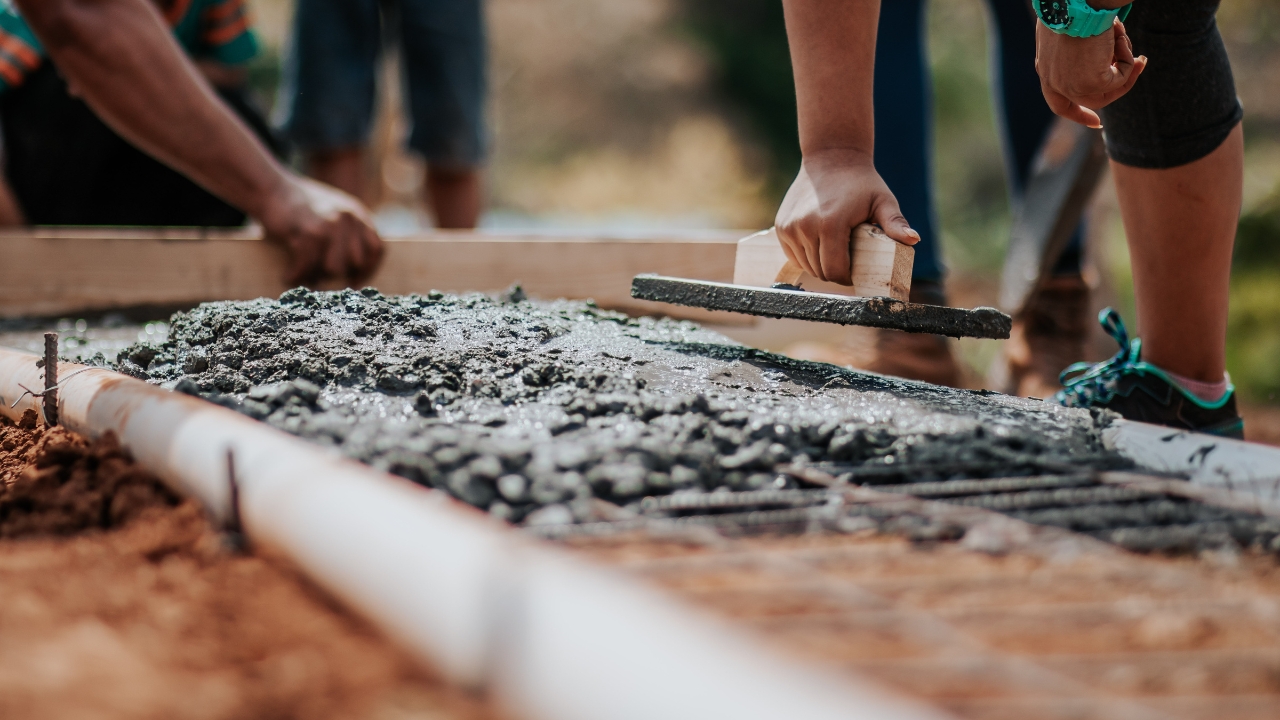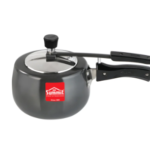When embarking on a construction project in Bangladesh, selecting the best cement is one of the most important decisions you will make. Whether you’re building a house, a commercial complex, or an infrastructure project, the quality of cement directly impacts the strength, durability, and safety of the structure. The right cement ensures long-term stability, while poor-quality cement can lead to costly repairs and safety issues in the future. In this article, we will explore the key factors to consider when choosing the best cement in Bangladesh for your project.
Why Choosing the Right Cement Matters
Cement is a binding material that holds construction aggregates like sand, gravel, and stone together. It is used in making concrete and mortar, and the quality of cement plays a pivotal role in determining the strength and longevity of a structure. Bangladesh’s climate, with its high humidity and frequent rainfall, demands high-quality cement to ensure buildings can withstand the test of time.
best cement in bangladesh offers several key benefits, including better structural integrity, moisture resistance, and cost-effectiveness in the long run. Choosing the right cement helps prevent cracks, water leakage, and deterioration caused by extreme weather conditions, ultimately ensuring the safety and durability of your project.
Key Factors to Consider When Choosing the Best Cement in Bangladesh
There are several critical factors to keep in mind when selecting cement in Bangladesh. Each of these factors ensures that the cement meets the needs of your specific construction project, whether it’s residential, commercial, or industrial.
1. Type of Cement Required
The first step in choosing the best cement in Bangladesh is determining the type of cement that fits your project needs. There are various types of cement, each suitable for different construction purposes:
- Ordinary Portland Cement (OPC): Most commonly used in general construction, including buildings and roads. OPC is available in different grades, such as 33, 43, and 53, each offering varying levels of strength.
- Portland Composite Cement (PCC): Suitable for concrete exposed to moisture or aggressive environments. PCC is often used in large-scale projects like dams and bridges due to its enhanced durability.
- Sulfate-Resistant Cement (SRC): Ideal for foundations, sewer systems, and areas exposed to high sulfate levels in water or soil.
- Rapid Setting Cement: Best for projects that require quick drying and early strength development, such as roads and pavements.
2. Strength of Cement
Cement strength is one of the most important factors when selecting the best cement in Bangladesh. The strength of cement is typically measured by the compressive strength (MPa) after 28 days of curing. The most common grades of cement used in Bangladesh are 33, 43, and 53, where 33-grade cement is the lowest strength and 53-grade cement is the highest.
- 33 Grade Cement: Generally used for low-strength applications such as plastering.
- 43 Grade Cement: Suitable for general-purpose construction, including residential buildings and non-structural elements.
- 53 Grade Cement: Offers high strength and is commonly used in large-scale projects, such as commercial buildings, roads, and bridges.
Higher-grade cement offers greater strength, but it may come at a higher cost. It’s important to match the grade of cement with the requirements of your project.
3. Durability and Resistance to Moisture
Bangladesh’s tropical climate is humid, and areas near coastal regions are exposed to high moisture levels, which can deteriorate buildings over time. Best cement in Bangladesh is designed to provide moisture resistance, which is essential for maintaining the longevity of a structure.
Look for cement that offers resistance to:
- Water ingress: Cement with moisture-resistant properties prevents water from seeping into the concrete, which can cause cracks and corrosion over time.
- Sulfate attack: In regions with high sulfate levels in soil or water, cement that resists sulfate attack is essential to protect the structure from deterioration.
4. Consistency and Quality Control
Consistency is a key characteristic of high-quality cement. Cement from reputable manufacturers is rigorously tested to ensure uniformity across different batches. Consistent cement will have predictable strength, which is crucial for maintaining structural integrity.
- Why It Matters: Quality control ensures that each batch of cement delivers the same results, reducing the likelihood of defects and failures in the construction.
5. Environmental Sustainability
Sustainability is becoming increasingly important in the construction industry. Best cement in Bangladesh is now produced with a focus on reducing carbon emissions and utilizing sustainable materials. Many cement manufacturers in Bangladesh are adopting eco-friendly practices, such as producing blended cement with fly ash or slag, which reduces the environmental impact of cement production.
- Why It Matters: Choosing environmentally friendly cement ensures that your project aligns with sustainable construction practices and contributes to the reduction of carbon emissions.
6. Cost and Value for Money
While high-quality cement is essential for construction, it’s also important to consider the cost of the cement in relation to your project budget. Best cement in Bangladesh offers a balance of quality and affordability. While premium cement may cost more initially, it often provides better long-term value by reducing maintenance costs and enhancing the durability of your structure.
- Why It Matters: Opting for the cheapest cement may result in future repair costs, while investing in quality cement can save money in the long run by reducing the need for frequent repairs and maintenance.
7. Brand Reputation and Reliability
The reputation of the cement brand is crucial in ensuring the quality of the product. Reputable brands invest in research and development, ensuring that their cement products meet national and international standards. Some of the most trusted cement brands in Bangladesh include Mir Cement, Shah Cement, Premier Cement, and LafargeHolcim.
- Why It Matters: Choosing cement from a trusted brand guarantees that you are using a reliable product that has passed strict quality tests and is backed by customer satisfaction.
Leading Cement Brands in Bangladesh
Here are some of the top-rated cement brands in Bangladesh that are known for their high quality and reliability:
- Mir Cement: Known for its consistent quality and strength, Mir Cement is ideal for both residential and large-scale infrastructure projects.
- Shah Cement: One of the largest cement brands in Bangladesh, Shah Cement is known for its durability and high strength, making it suitable for major infrastructure projects.
- Premier Cement: A widely trusted brand, Premier Cement offers high-quality, affordable cement that is used for a variety of construction purposes.
- LafargeHolcim: A global leader in cement production, LafargeHolcim offers premium-quality products that are ideal for large-scale and specialized construction projects.
Conclusion
Choosing the best cement in Bangladesh is a crucial decision that impacts the quality, durability, and safety of your construction project. Whether you’re building a home, commercial building, or large infrastructure, consider factors such as strength, moisture resistance, consistency, and environmental sustainability when selecting cement.
Brands like Mir Cement, Shah Cement, and Premier Cement offer the best options for high-strength, durable, and cost-effective cement solutions. By choosing high-quality cement, you ensure that your construction project will stand the test of time and provide long-term value.
For more information on the best cement in Bangladesh, visit Mir Cement, a trusted supplier offering premium-quality cement that guarantees the strength and durability of your construction.








